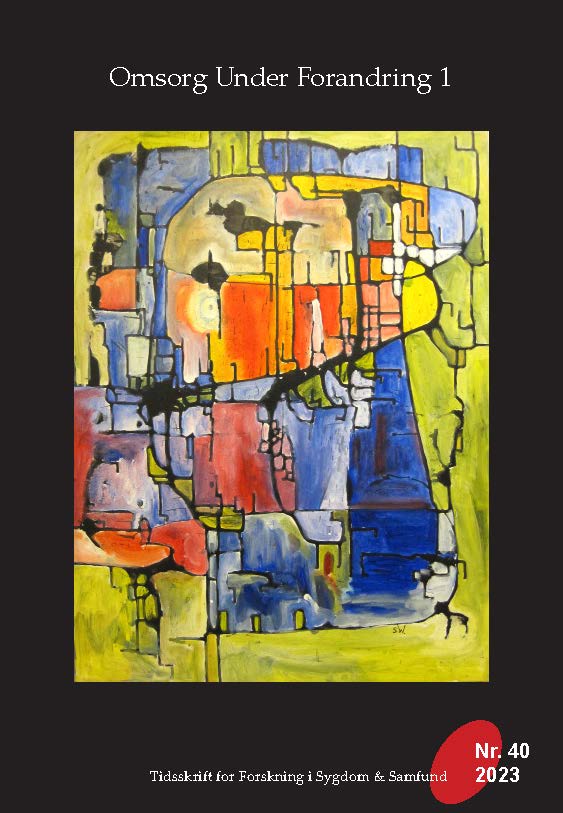Languages of care: Older adults and SOSU students with a migrant background in Danish Elderly care
Published 2024-06-25
Keywords
- care work,
- migration,
- elderly care,
- SOSU students,
- welfare state
- Denmark ...More
How to Cite
Copyright (c) 2024 Stine Hauberg Nielsen, Sara Lei Sparre

This work is licensed under a Creative Commons Attribution-NonCommercial 4.0 International License.
Abstract
Increasingly, migrants are employed in the formal, public care sector in Denmark. Due to an acute and future lack of skilled social and health (SOSU) workers in the elderly care sector, Danish municipalities are actively recruiting among migrants residing in Denmark to SOSU education and skilled work in public elderly care. Much literature on migration and care work in the Nordic countries focus on constructions of care workers’ ‘otherness’, both in positive and negative ways, and how such categorizations affect workers’ wellbeing and working conditions. But how does the multi-lingual and care workers’ struggles with the majority language influence their care work and relations with the older adults?
The article explores the relational and intersubjective spaces that emerge when SOSU students interact with care-demanding older adults in Danish public elderly care. The analysis is based on ethnographic data material. We focus on shifts in ‘care objects’ (Law 2010) and the productive practice (Buch 2018) that emerge from challenges and misunderstandings in communication between these care workers and the older adults. By foregrounding language and verbal communication, while at the same time exploring the practice and affect of care in concrete situations, we show how lingual challenges and misunderstandings constitute productive ‘cracks’ in interactions between care workers and older adults. These ‘cracks’ enable or even demand that the both parts assume different roles and positions, and the productive practice of care thus lies in the transformations of relations and self-understanding among both care workers and older adults.


